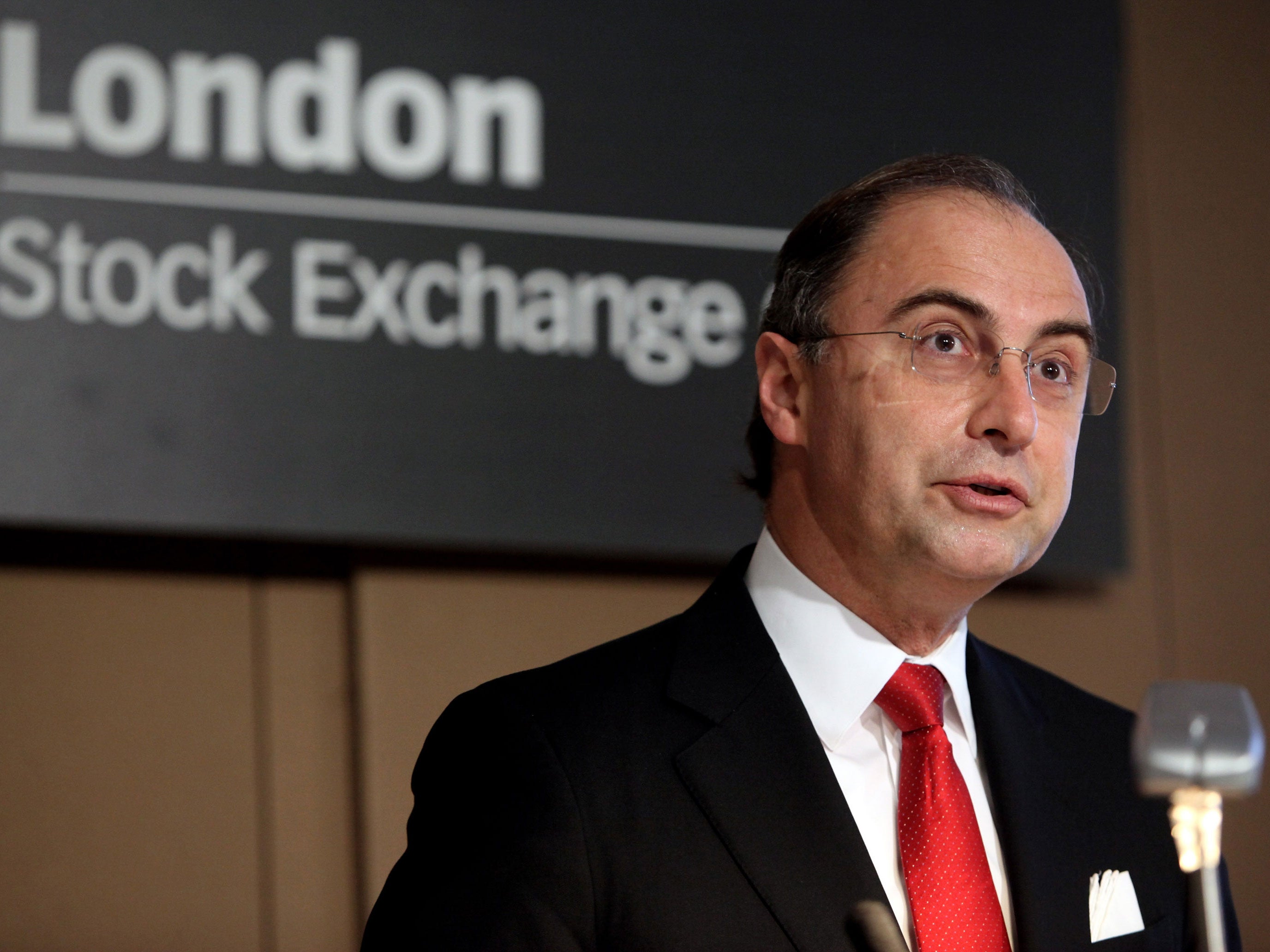Flotations should not just be for the favoured few
Outlook

Instead of just revelling in a 20 per cent rise in profits and celebrating with a glass of the (excellent) wine he produces in his spare time, the London Stock Exchange chief executive Xavier Rolet has instead given the City something of a ticking off.
His exchange might have been boosted by the most active year for flotations since 2007, with 219 new companies choosing to list on it, but Mr Rolet sees a problem.
The flotations of all those companies were almost entirely reserved for big City institutions. The investing public was left on the outside looking in. As a result, they missed out on the relatively cheap prices at which investment banks value shares when they make their debuts, in order to ensure they aren’t left with any on their books when it comes to collecting their underwriting fees.
Mr Rolet sees this as a problem, and he’s right. It ought not to have escaped the attention of the City’s movers and shakers that their public image isn’t exactly high at the moment.
It might not serve as a panacea, but were the public to be given the chance to get their hands on a British Facebook or a Google – or even a GlaxoSmithKline given that this country does rather well with biotech and pharma– at ground level, it would go some way towards helping to change that.
The same goes for the privatisation of state assets, particularly the banks. Having paid so much into the sector, the least the Government could do would be to let taxpayers enjoy some of the upside now the State’s investment is being sold off. Unfortunately, there has been precious little sign it is considering that.
Mr Rolet’s reason for raising the issue isn’t entirely altruistic: he wants the retail part of future flotations to be distributed through the network of stockbrokers that deal with the public. These are customers of his, and they tend to be quite vocal. His call for them to be able to get their hands on some of the top floats for their clients will go down like a crate of Dom Pérignon at a wedding reception.
But that doesn’t change the validity of his case. Mr Rolet likens capitalism to a national park: if it’s the sort of place in which the public can’t even take a stroll, they’re not going to be terribly supportive of it – and before you know, there’s a motorway running through the middle of it.
Join our commenting forum
Join thought-provoking conversations, follow other Independent readers and see their replies
Comments
Bookmark popover
Removed from bookmarks